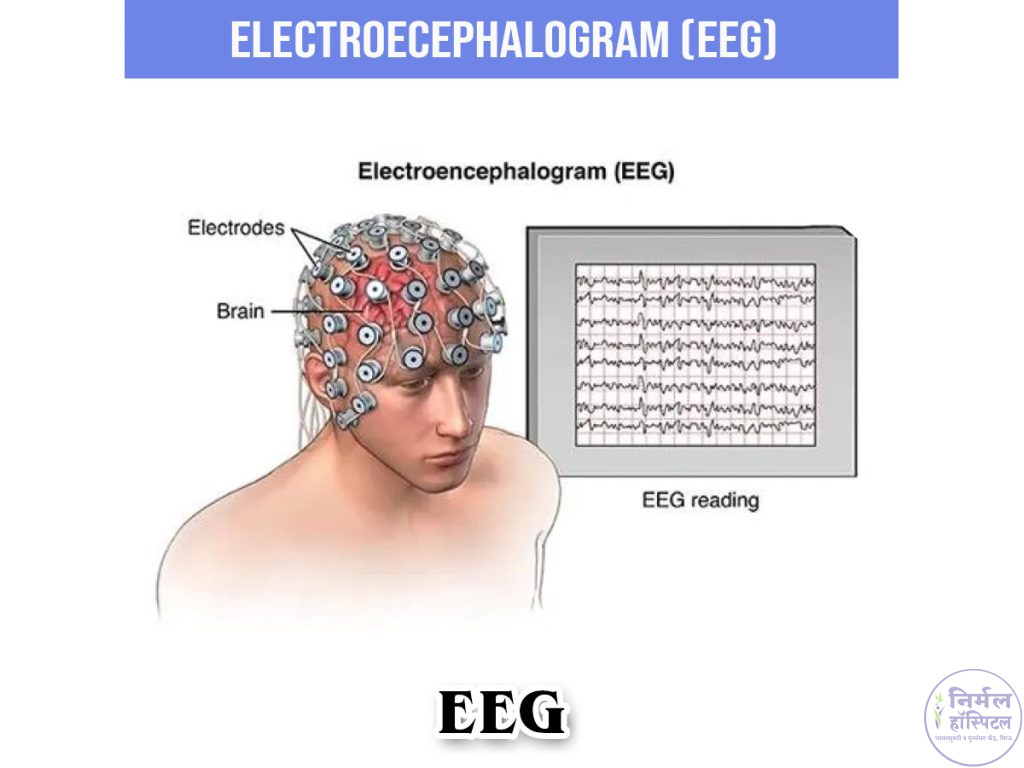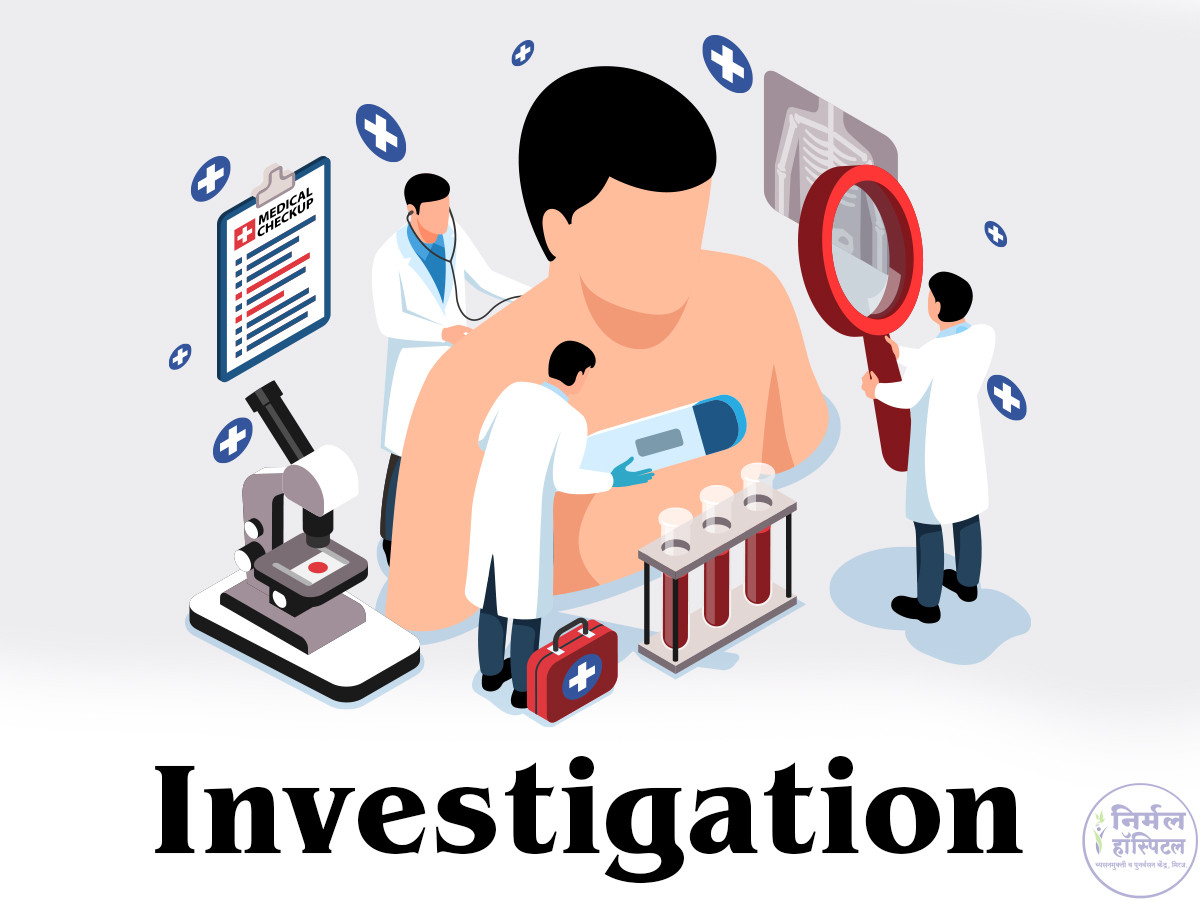-
EEG (Electroencephalogram)

An EEG is a test that detects abnormalities in your brain waves, or in the electrical activity of your brain. During the procedure, electrodes consisting of small metal discs with thin wires are pasted onto your scalp. The electrodes detect tiny electrical charges that result from the activity of your brain cells. The charges are amplified and appear as a graph on a computer screen, or as a recording that may be printed out on paper. Your healthcare provider then interprets the reading. During an EEG, your healthcare provider typically evaluates about 100 pages, or computer screens, of activity. He or she pays special attention to the basic waveform, but also examines brief bursts of energy and responses to stimuli, such as flashing lights. Evoked potential studies are related procedures that also may be done. These studies measure electrical activity in your brain in response to stimulation of sight, sound, or touch.
Why is an EEG performed?
EEGs have been used since 1929 to detect problems in the electrical activity of the brain that are associated with certain brain disorders. The measurements given by an EEG are used to confirm or rule out various conditions, including:
• seizure disorders
• head injury
• encephalitis (inflammation of the brain)
• brain tumor
• encephalopathy (disease that causes brain dysfunction)
• sleep disorders
• stroke
• dementia









Leave a Reply